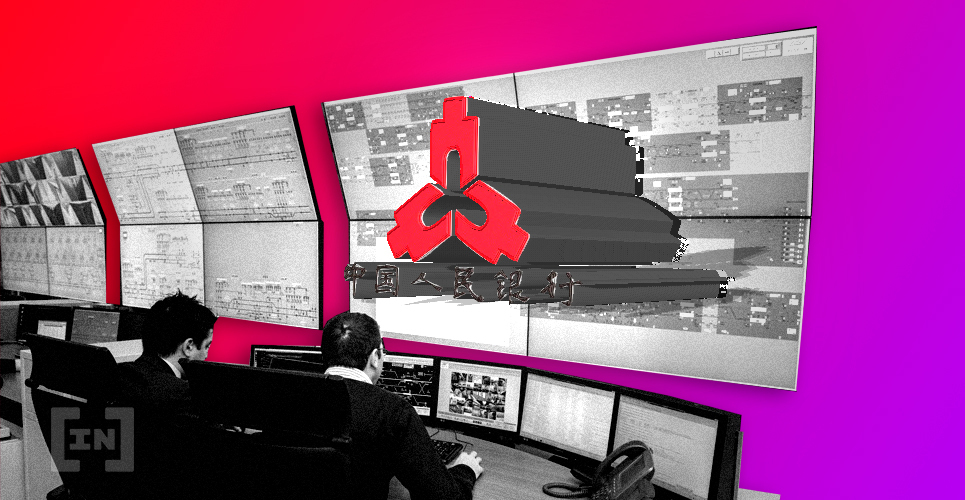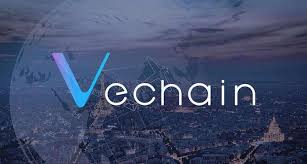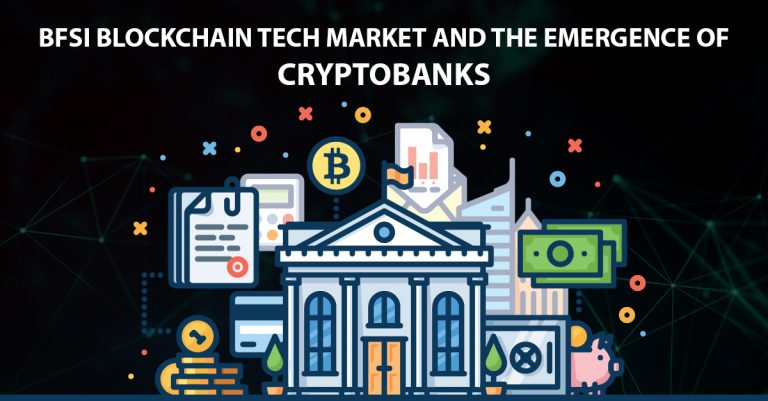2018-12-11 00:48 |
Blockchain technology seems to be reaching into many mainstream companies, and State Farm is one of the latest to jump on the bandwagon.
Based on a recent announcement from the U.S.-based insurance group, it looks like the company is looking to integrate blockchain technology into their platform, assisting with the protocols implemented during insurance claims.
The announcement came on Monday, describing a blockchain trial to make the subrogation process automated, rather than manual. According to Dictionary.com, to subrogate is “to substitute (one person) for another with reference to a claim or right,” which basically references the process of pursuing damages from the one responsible for the insured party’s loss.
During the trial, State Farm hopes to discover if blockchain’s use is a “viable product for insurance industry adoption,” based on their press statement. Mike Fields, an innovation executive for State Farm, said,
“Today, subrogation is a relatively manual, time-consuming process often requiring physical checks to be mailed on a claim-by-claim basis between insurers. You can imagine the time and resources required to complete these transactions.”
The press release explains the process of an auto claim, saying that there are two insurance claims that have to come together to determine how much the claim will pay out.
The company that insures the at-fault party is then required to pay out the victim. In 2017 alone, there were about $11 billion claims processed as a result of subrogation, and $750 million of that allotment had to do with private passenger insurance claims.
Fields goes on in the report, explaining why blockchain technology would be an asset to the process. He said,
“It helps us automate a manual process securely and creates a permanent transaction record of each payment which can easily be verified for accuracy. It also has the potential to decrease the amount of time for consumers to receive their deductible reimbursement.”
A spokesperson for the insurance company communicated with CoinDesk via email, explaining that the automated process reduces the risk of error, because of the validation that it uses. It would also minimize the paper checks issued.
Dustin Helland, innovation manager with State Farm, commented that the immutability of the chain also offers benefits to customers and the company alike.
The blockchain trial is scheduled for the first six months of 2019, and it will follow along with the other processes involving subrogation. Helland commented,
“The results of the test, along with other factors, will be input for a decision on whether or not to launch the solution into full production adoption.”
origin »Bitcoin price in Telegram @btc_price_every_hour
High Performance Blockchain (HPB) на Currencies.ru
|
|



















